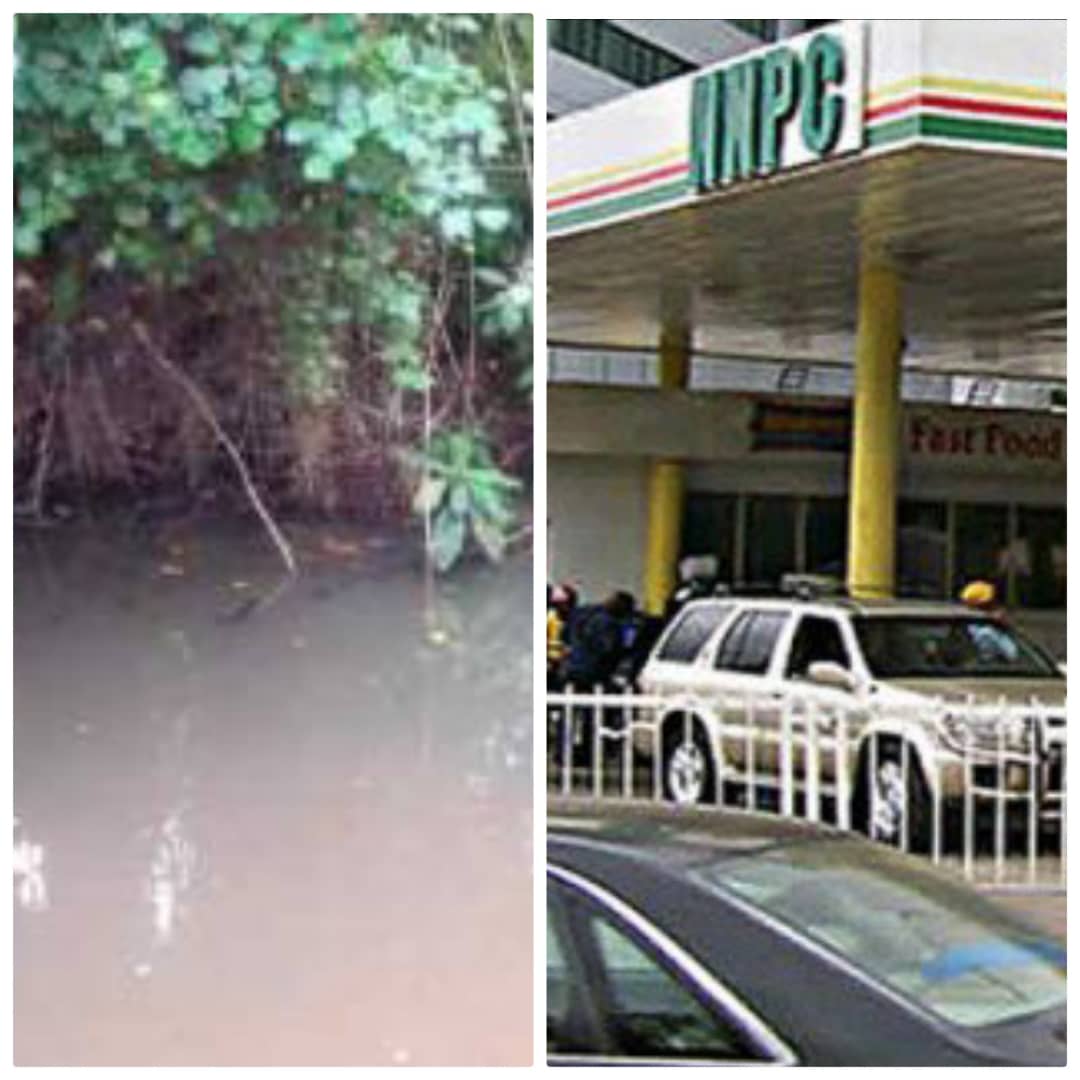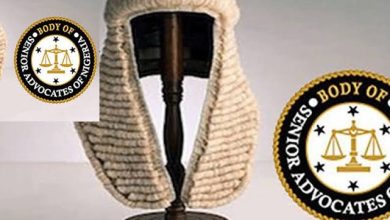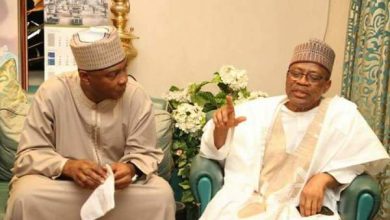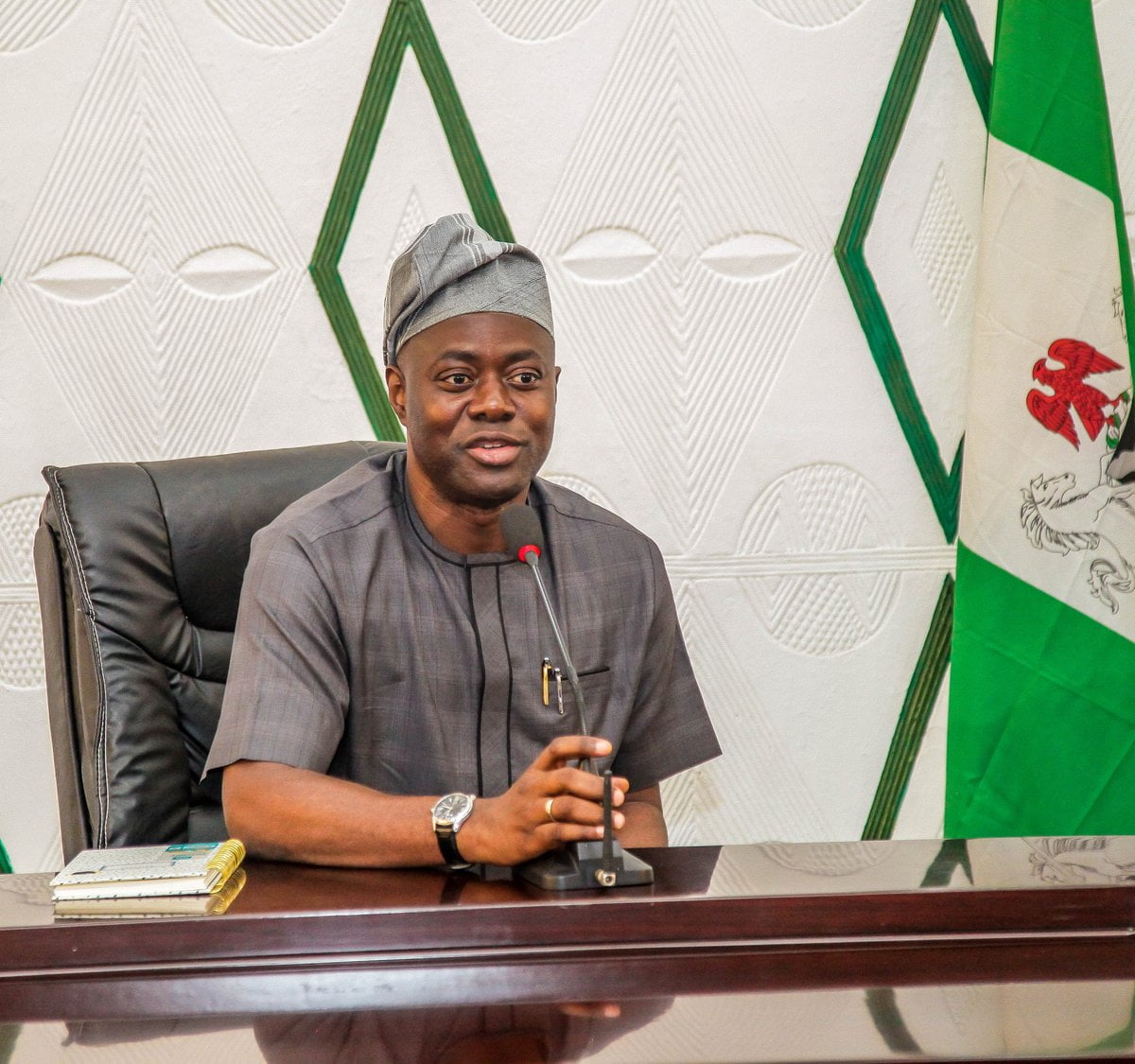Scare As Fresh Revelation Shows Nigerians Drink Contaminated Water, NNPC Raises Petrol Price Again

One-third Of Nigerians Drink Contaminated Water, 46 million Practise Open Defecation – Report

At least one-third of Nigerians drink contaminated water while 46 million people still practise open defecation, a report by the United Nations Children’s Fund and the Federal Ministry of Water Resources has shown.
The report, titled, “Water, Sanitation, Hygiene National Outcome Routine Mapping 2019”, obtained by SaharaReporters, points out that at least 167 million homes do not have access to handwashing facilities.
SaharaReporters learned that the report, which was released last week, was done in collaboration with the National Bureau of Statistics and was completed just before the outbreak of the COVID-19 in March.
UNICEF said this latest report on Nigeria revealed that “the amount and quality of water for individual use is lower than the required standard. The average amount of water each person receives in Nigeria is 9 litres per day. The minimum acceptable range is between 12 and 16 litres per day.”
According to the UN agency, the report is based on surveys conducted across the country, the results of which showed that the number of people using essential sanitation services has increased by 6.6 million people, a progress “mostly driven by people converting from general toilets to private toilets within their homes.”
In 2019, the Nigerian government began a campaign to end open defecation and promised that it was committed to ending the practice by 2025.
“The data shows us that there is still more work to be done to ensure that all Nigerians have access to adequate and quality water and hygiene services, said the Minister of Water Resources, Suleiman Adamu.
“While we have made some progress – most notably in the number of households accessing basic water services – we cannot rest on our laurels. We will be looking at our overall strategy, based on these findings, to see how we can strengthen all areas of the water, sanitation and hygiene in Nigeria – including making faster progress in ending open defecation across the country.”
The drinking of contaminated water by Nigerians continues despite the budgetary allocations made to the Ministry of Water Resources to ensure that safe and potable water is made available to all citizens.
According to the federal 2020 budget, the ministry is allocated more than N37 billion to handle its capital projects nationwide.
BREAKING: NNPC raises petrol depot price, marketers to sell at N168-N170/litre

The Petroleum Products Marketing Company, a subsidiary of the Nigerian National Petroleum Corporation, has increased the ex-depot price of Premium Motor Spirit, also known as petrol, to N155.17 per litre from N147.67 per litre.
The PPMC disclosed this in an internal memo with reference number PPMC/C/MK/003, dated November 11, 2020, and signed by Tijjani Ali.
The memo, a copy of which was seen by our correspondent, said the new ex-depot price would take effect from Friday.
The ex-depot price is the price at which the product is sold by the PPMC to marketers at the depots.
In its PMS price proposal for November, the PPMC put the landing cost of petrol at N128.89 per litre, up from N119.77 per litre in September/October.
It said the estimated minimum pump price of the product would increase to N161.36 per litre from N153.86 per litre.
The National Operation Controller, Independent Petroleum Marketers Association of Nigeria, Mr Mike Osatuyi, in a telephone interview with our correspondent, said the over N7 increase in ex-depot price would translate into an increase in pump prices.
He said, “The implication of the increase in the ex-depot price is that there is going to be an increase in the pump price. We are expecting the pump price to range from N168 to N170 per litre.
“Crude oil price is going up,” he said, noting that the Federal Government has fully deregulated petrol prices.
Following the deregulation of petrol prices in September, marketers across the country adjusted their pump prices to between N158 and N162 per litre to reflect the increase in global oil prices.
Petrol price band had also risen from N121.50–N123.50 per litre in June to N140.80-N143.80 in July and N148-N150 in August.
The Minister of State for Petroleum Resources, Timipre Sylva, said in September that the government had stepped back in fixing the price of petrol, adding that market forces and crude oil price would continue to determine the cost of the product.




